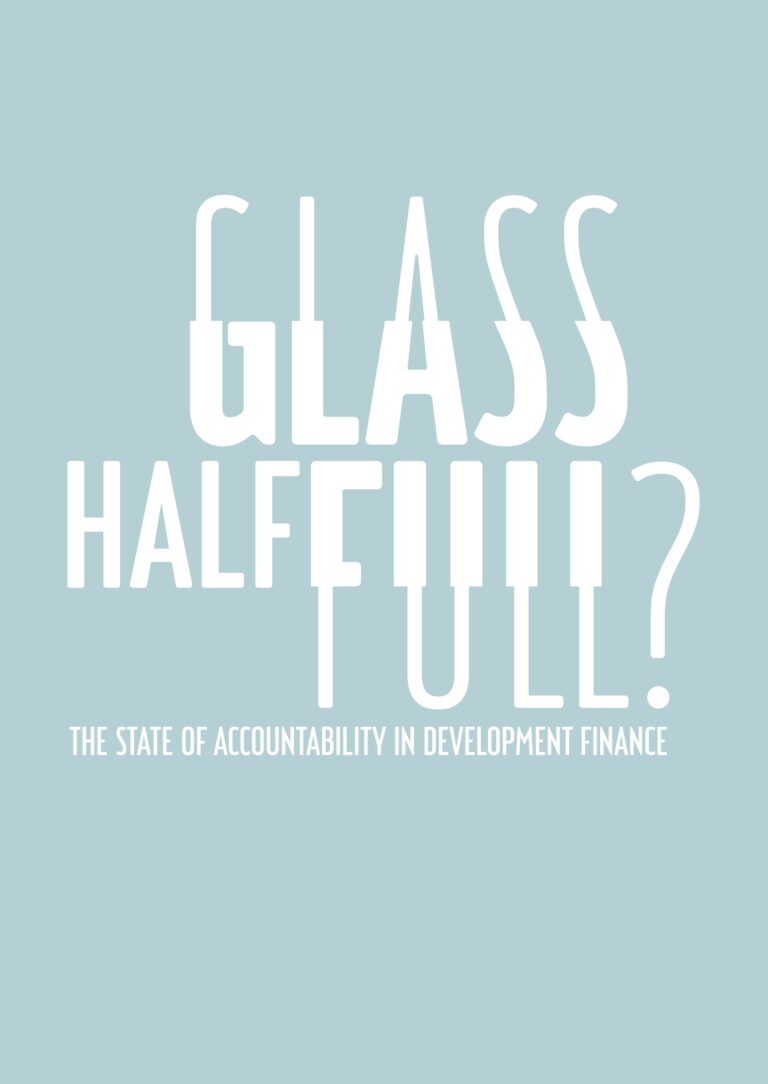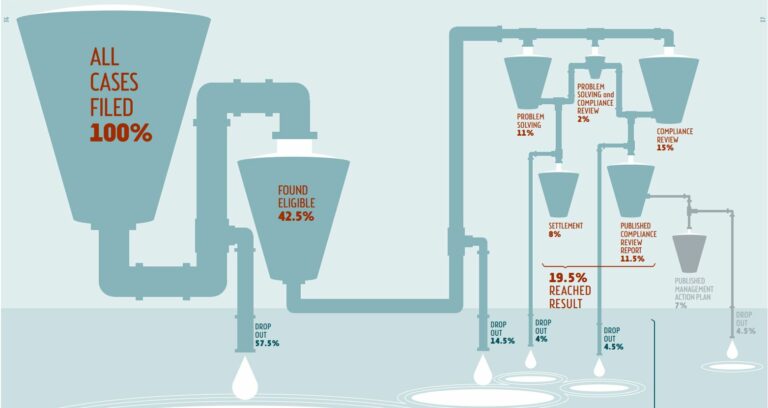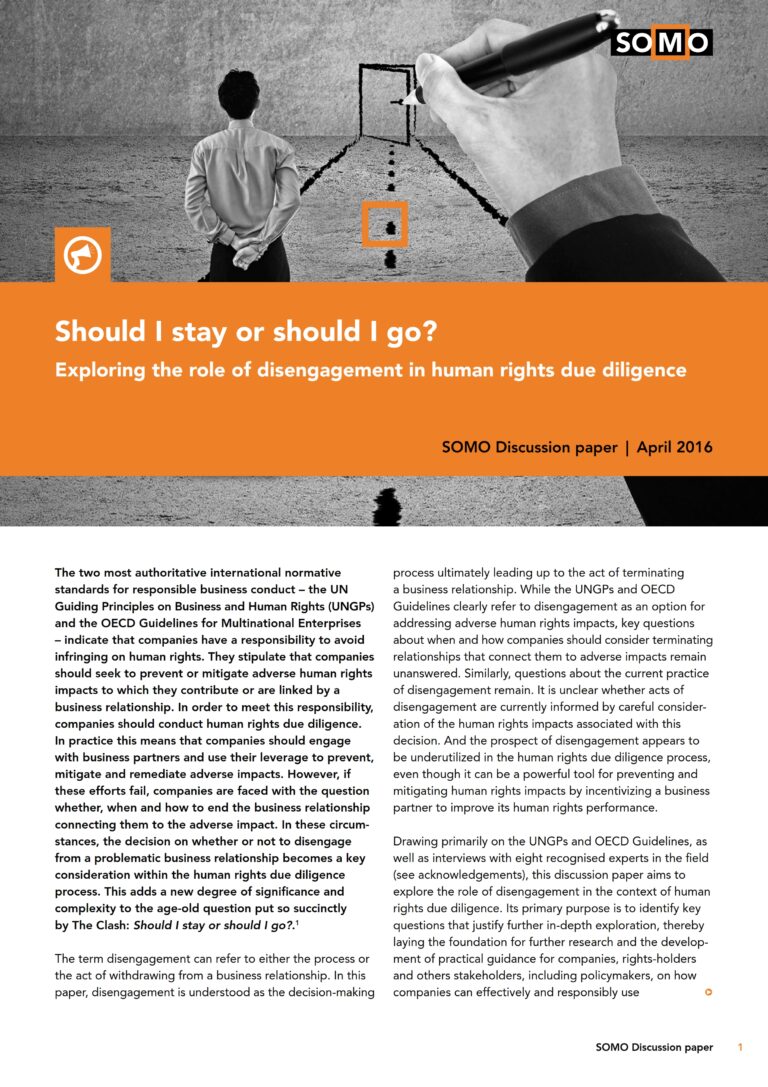
The Patchwork of Non-Judicial Grievance Mechanisms
Addressing the limitations of the current landscape

Business can become implicated in human rights violations in various ways, by causing, contributing or being directly linked to the abuse. There is a pressing need for states in both home and host countries of multinational companies to ensure access to effective domestic judicial mechanisms for those affected by business-related human rights abuses. At present, however, judicial avenues for obtaining remedy for business-related harm are often not a viable option. In the vacuum, non-judicial grievance mechanisms (NJGMs) have proliferated. In an ideal world, NJGMs would supplement judicial mechanisms. The reality is that in many jurisdictions judicial remedies are ineffective or non-existent, and NJGMs are in practice the only option for those affected by business-related human rights abuse. It is, therefore, of great importance to strengthen the accessibility and effectiveness of such mechanisms. NJGMs vary in form and scope the issues they address, the standards they apply, the companies within their jurisdiction, how they function, their authority and governance. Complaints may be filed by the victims of business-related human rights violations (such as directly affected workers, communities or individuals) and/or by the civil society organisations directly or in representation of others, depending on the specific requirements of each mechanism. And, importantly, the outcomes each mechanism delivers varies greatly.
Publication

Related content
-
Glass Half Full? Published on:
 Kristen GenovesePosted in category:Publication
Kristen GenovesePosted in category:Publication Kristen Genovese
Kristen Genovese
-

-

-
Should I stay or should I go? Published on:
 Joseph Wilde-RamsingPosted in category:Publication
Joseph Wilde-RamsingPosted in category:Publication Joseph Wilde-Ramsing
Joseph Wilde-Ramsing

